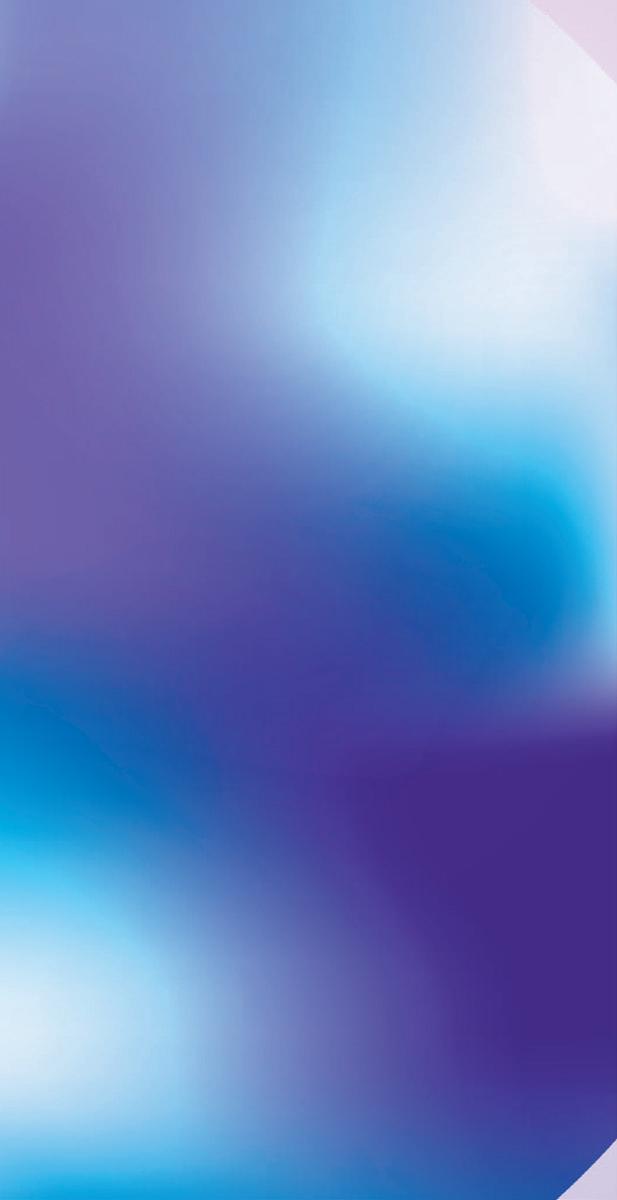
3 minute read
CATALYST X COMPASS
BRITNIE JASMINE JOHNSTON
Applied Science, Psychology (Honours) student and RUSU Compass Volunteer It has been a little over 12 months since the COVID-19 pandemic changed the way we’ve learnt to work, study and keep in touch with loved ones. The year 2020 was regularly filled with ups and downs, lots of snacking on Doritos and disappearing from online tutorials when the tutor announces break out rooms. I often reflect back and wonder - where did that last year go? And more recently – how can I make up for lost time?
Advertisement
It’s common to think about the events of the past or contemplate what we think we should do in future. While it’s comfortable to get lost thinking about the concept of time, it can also hinder us from being present in the now. Because with every minute that goes by, that too becomes the past, and then we can miss the little things that make life beautiful. This is where bringing mindfulness into our day can be of help.
Mindfulness is the practice of being actively present in the “here and now”. It is an approach that can help ease our anxiety and worry for the future, by bringing our focus back to the task or situation at hand. By being mindful we are redirecting our thoughts to the current moment, allowing us to engage with what is around us and listen to ourselves without judgement. The practice of mindfulness is used all around the world and is associated with many benefits for wellbeing and mental health. It is also a great technique for stress reduction, which comes in handy during the assessment periods.
Here are 7 ideas of how you can practice being present and ‘mindful’ during your day:
PRACTICE DEEP BREATHING —
Focus on taking some slow, deep breaths. Feel the rise and fall of your chest with each inhale and exhale. Even doing this for 2-3 minutes can improve your sense of wellbeing.
MAKE NOTES OF WHAT YOU’RE GRATEFUL FOR —
Write down a couple of things you’re thankful for right now, you can even keep the notes in a ‘Blessings Box’ to read back at a later time.
HAVE A WARM OR COLD DRINK —
Hold a drink between your hands and become aware of how it feels. Is it warm? Is it cold? What does that feel like and then, how does it taste? Noticing these sensations helps us to focus intensely on the present moment.
TAKE A WALK OUT IN NATURE —
Sit or walk outdoors and take in all your surroundings, feel the grass under your feet and smell the freshness of the air.
LET GO OF ANY NEGATIVE OR ANXIOUS THOUGHTS —
Acknowledge these thoughts and make a choice to let them go. Visualise them as leaves in a stream, travelling away from you.
DO SOME STRETCHING — At RUSU Compass, we have a range of other mindfulness strategies, online resources and calming activities available to help support each student’s mental wellbeing. Compass also provides one-to-one support for students by offering advice, information and referrals in a variety of areas such as mental health, relationship issues, homelessness, financial stress and more. If you find yourself in need of some additional support, please don’t hesitate to get in touch with RUSU Compass by emailing - compass@rmit.edu.au.
For more information, resources and support, visit our website: www.rusu.rmit.edu.au/compass
Gently stretch to where feels comfortable for you, remembering to breathe as you hold a stretch. Feel the tension fade away as you connect with your body.
LISTEN TO A MINDFULNESS APP —
Put in some headphones and relax with a guided meditation. Smiling Mind and Calm are great apps with a range of free exercises you can practice along with. These are just some of the ways in which you can try mindfulness and it’s often a skill that can get easier the more you practice. The important thing to know is that some approaches may work better for you than others, and that’s ok! Every person is different. You are you, and you’re beautiful for it.
HOW WILL YOU PRACTICE BEING MINDFUL TODAY?









